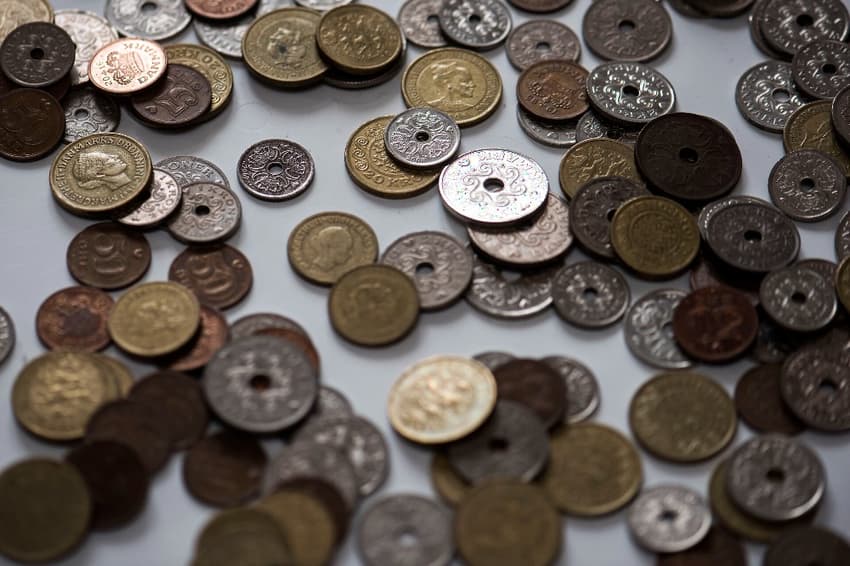Has it become harder to pay for unforeseen costs in Denmark?

An increasing number of households in Denmark find it hard to make ends meet, meaning unforeseen bills and costs can be difficult to pay, according to a media report.
A ‘weak’ increase has been observed since 2021 in the number of people whose budgets are so tight that an unforeseen cost can bring their finances to the brink of collapse, broadcaster DR reports based on analysis from national data agency Statistics Denmark.
That means fewer people are confident they'd be able to cover the costs of things like emergency home repairs, a car breaking down or costly dental treatment.
The analysis is based on 6,000 interviews conducted from February to May this year and therefore does not take inflation in the latter part of this year into account.
Some 7.4 percent of the Danish population are “economically vulnerable” Statistics Denmark concluded, compared to 7 percent in 2021. That represents an increase from 398,000 to 422,000 people.
“I’m surprised the number hasn’t gone up more. My impression is that a lot more people are worse off,” Danske Bank economist and senior analyst Louise Aggerstrøm told DR, noting the results are based on subjective interview responses.
The proportion of people who said they wouldn’t be able to pay an unexpected cost of 10,000 kroner or more without borrowing was found to be 20 percent, but has nevertheless fallen compared to 2018, DR writes.
The relatively stable figures may represent a good level of savings in private economies, Aggerstrøm noted.
“We’ve been under strain but we are also coming from a period where Danes were good at saving up,” she said.
“That applies both before and after the Covid-19 epidemic,” she said.
READ ALSO: Inflation down in Denmark but forecasts tentative for 2023
Comments
See Also
A ‘weak’ increase has been observed since 2021 in the number of people whose budgets are so tight that an unforeseen cost can bring their finances to the brink of collapse, broadcaster DR reports based on analysis from national data agency Statistics Denmark.
That means fewer people are confident they'd be able to cover the costs of things like emergency home repairs, a car breaking down or costly dental treatment.
The analysis is based on 6,000 interviews conducted from February to May this year and therefore does not take inflation in the latter part of this year into account.
Some 7.4 percent of the Danish population are “economically vulnerable” Statistics Denmark concluded, compared to 7 percent in 2021. That represents an increase from 398,000 to 422,000 people.
“I’m surprised the number hasn’t gone up more. My impression is that a lot more people are worse off,” Danske Bank economist and senior analyst Louise Aggerstrøm told DR, noting the results are based on subjective interview responses.
The proportion of people who said they wouldn’t be able to pay an unexpected cost of 10,000 kroner or more without borrowing was found to be 20 percent, but has nevertheless fallen compared to 2018, DR writes.
The relatively stable figures may represent a good level of savings in private economies, Aggerstrøm noted.
“We’ve been under strain but we are also coming from a period where Danes were good at saving up,” she said.
“That applies both before and after the Covid-19 epidemic,” she said.
READ ALSO: Inflation down in Denmark but forecasts tentative for 2023
Join the conversation in our comments section below. Share your own views and experience and if you have a question or suggestion for our journalists then email us at [email protected].
Please keep comments civil, constructive and on topic – and make sure to read our terms of use before getting involved.
Please log in here to leave a comment.